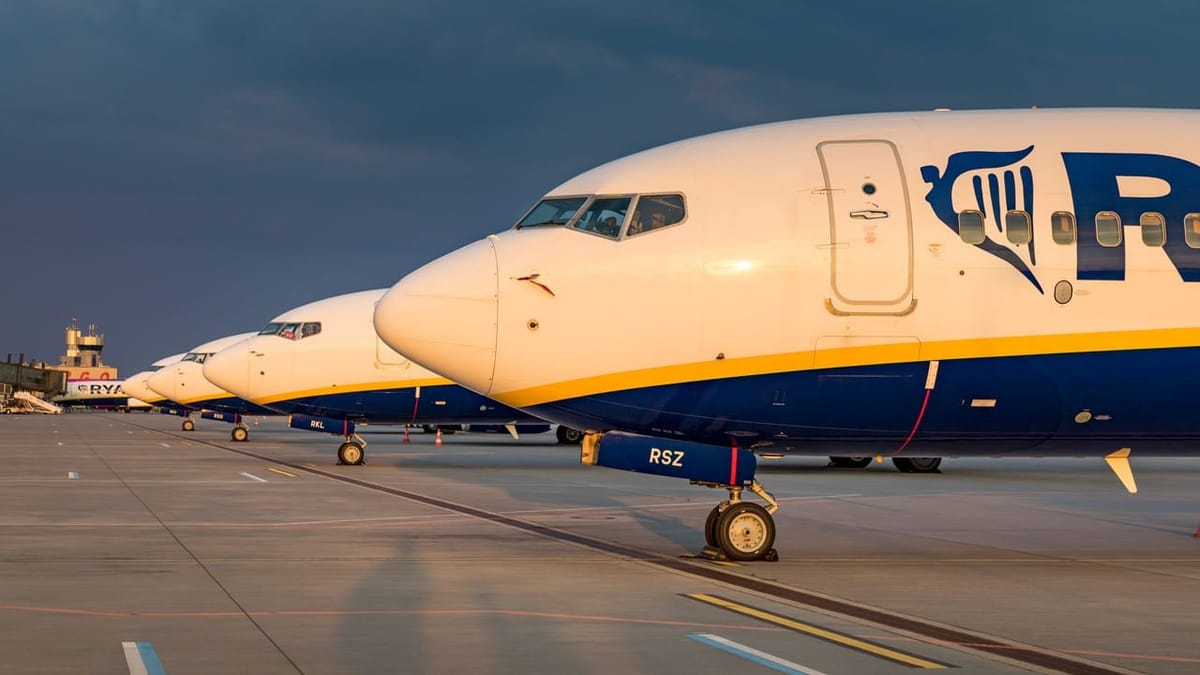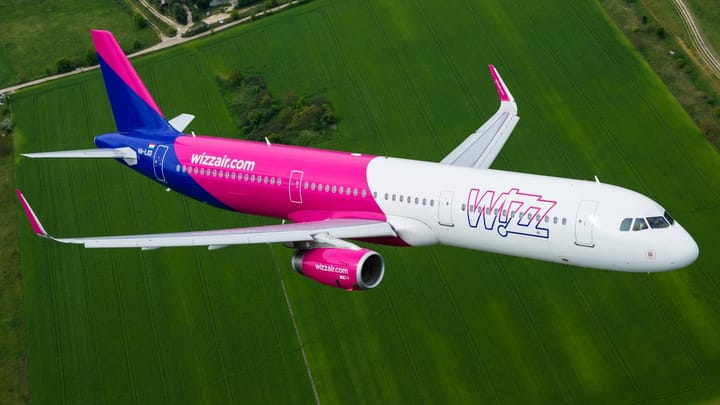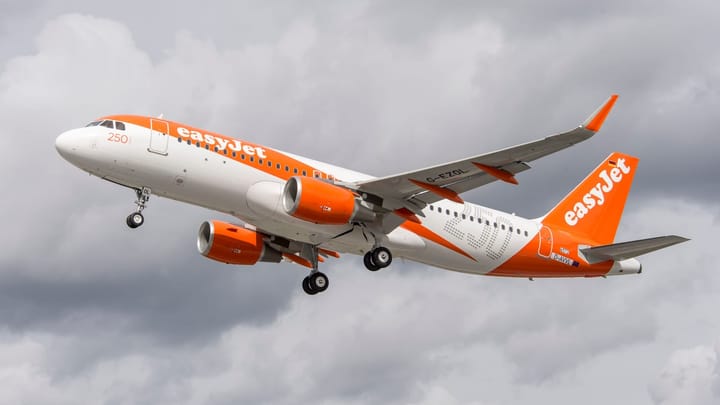EC warns Spain its €179M low-cost carrier fine is not aligned with EU law

The European Commission (EC) has warned Spain that its €179 million ($208 million) fine given to easyJet, Norwegian, Ryanair, Volotea, and Vueling in November 2024 is not aligned with the European Union’s (EU) regulations.
On October 8, 2025, the EC said that it sent a ‘letter of formal notice’ to Spain “for failing to bring national legislation fully in line with EU law on air services.”
According to the Commission, its common rules for air travel, introduced in 2008 and updated several times throughout the years, provide airlines with the freedom to set their prices, while a Court of Justice of the EU (CJEU) case set a precedent that hand baggage, in principle, should be free “as long as it meets reasonable requirements in terms of weight and dimensions, and complies with applicable security requirements.”
However, if hand baggage does exceed those requirements, it is subject to pricing freedoms, which is a direct conflict with Spain’s Air Navigation Law. It does not allow carriers “to subject the carriage of any hand luggage to an additional charge,” restricting their pricing freedom, the EC explained.
It also restricts the differentiation “between a service that includes the right to an increased cabin baggage allowance, and a service that does not offer that possibility and merely provides the smaller allowance which constitutes a necessary aspect of carriage.”
The EC also pointed out that while Spain’s €179 million ($208 million) fine, which the country dished out in November 2024, was an interpretation of the aforementioned CJEU decision, it did infringe the common rules for air travel.
As a result, the EC sent the letter of formal notice to Spain, giving the country’s government two months to respond. If it does not, “the Commission may decide to issue a reasoned opinion.”
In response, Pablo Bustinduy, the Minister of Social Rights, Consumer Affairs, and 2030 Agenda, said in a series of posts on Bluesky that charging for carry-ons is a direct conflict between the interests of airlines and consumer rights, and that with the letter, the EC opted to side with the former.
“The Commission has ignored the arguments of the Consumer Affairs Ministry and also of 13 consumer organizations that initiated legal action to follow the lead of the Consumer Affairs Ministry in their countries. It has also ignored the position of the European Parliament, which is against charging for passengers' hand luggage.”
Bustinduy added that the November 2024 decision was based on the CJEU ruling, Spanish law, and consumers being prioritized over airlines’ profit.
El cobro del equipaje de mano supone un conflicto entre los intereses de la industria de las grandes aerolíneas, que se lucran con estas prácticas, y los derechos de los consumidores. Lamentablemente, hoy la Comisión ha decidido posicionarse del lado de los intereses de las multinacionales.
— Pablo Bustinduy (@pbustinduy.bsky.social) 2025-10-08T11:26:18.758Z
Spain-based Association of Airlines (Asociación Líneas Aéreas, ALA) said that the EC’s decision endorses carriers’ “freedom to set their prices” as the industry has been doing so, confirming that the MIC’s fine violated European law.
In November 2024, the Spanish Ministry of Consumer Affairs (Ministerio de Consumo, MIC) penalized easyJet, Norwegian, Ryanair, Volotea, and Vueling for “abusive practices,” which included extra charges for carry-ons or forcing travelers to purchase seats to sit near their dependents.
easyJet (€29 million or $33.6 million), Ryanair (€107.7 million or $125 million), and Vueling (€39.2 million or $45.5 million) received multi-million fines, while Norwegian (€1.6 million or $1.8 million) and Volotea (€1.1 million or $1.2 million), comparatively, escaped largely unscathed.
MIC argued that the fines were issued after the General Secretariat for Consumer Affairs and Gaming began its investigation in 2023, which focused on the airlines’ policies that it had described as “very serious violations of consumer regulations” in Spain.
The five airlines were fined for excessive charges related to hand baggage, seat selection when passengers travel with dependents, including minors, refusal to accept cash payments at the country’s airports, abusive fees when travelers need to print boarding passes, and a lack of pricing clarity.
Ryanair was also singled out for “charging users an excessive amount to print a ticket at the terminal when they do not have one.”
Airlines and industry bodies, including the International Air Transport Association (IATA), naturally, were unhappy with the decision. In a statement shortly after the MIC’s announcement, IATA said that Spain’s decision overruled European law, with Willie Walsh, the Director General of the association, describing the decision as “appalling.”
“Far from protecting the consumer interest, this is a slap in the face of travelers who want choice. Prohibiting all airlines from charging for cabin bags means that the cost will be automatically priced into all tickets.”
At the time, Ryanair said that it would appeal the “illegal and unfounded” fine, while the Spain-based ALA described the MIC’s decision as “nonsense” since it makes Spain the only country in the EU to prohibit airlines from charging for hand baggage.




Comments ()